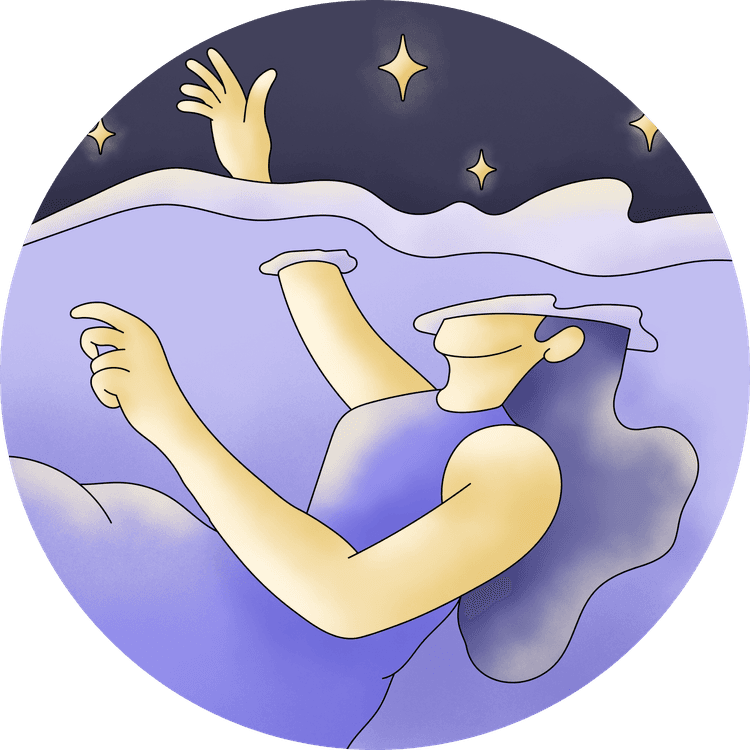
Depression's Impact on Sleep?
Depression has similar effects to sleep as anxiety, and the two are strongly correlated together. Studies show that depression almost always accompanies sleep disorders, to the point that doctors and psychiatrists are even hesitant to diagnose depression where individuals do not also experience sleep issues. Like anxiety, depression and poor sleep are cyclical and having one tends to lead to the other, also known as bidirectional relationship.
This can make for a chicken-and-the-egg scenario in trying to determine in individuals which came first and caused the other. Sometimes what causes the other in life may no longer be a present force, yet because it caused the other symptom the original symptom will also now continue to occur despite the original environmental cause. On the positive side, those who seek treatment for depression will often also experience better sleep as they improve.
Three-fourths of those diagnosed with depression also experience insomnia. About an eighth experience hypersomnia, that is, sleeping too much and/or the inability to remain awake during the day despite having sufficient sleep.
Researchers believe that a part of this connection between sleep disorders and depression stems from the lack of sleep’s effect on the neurotransmitter serotonin, which regulates general mood.

Dream App
Free dream interpretations

(1,213)




